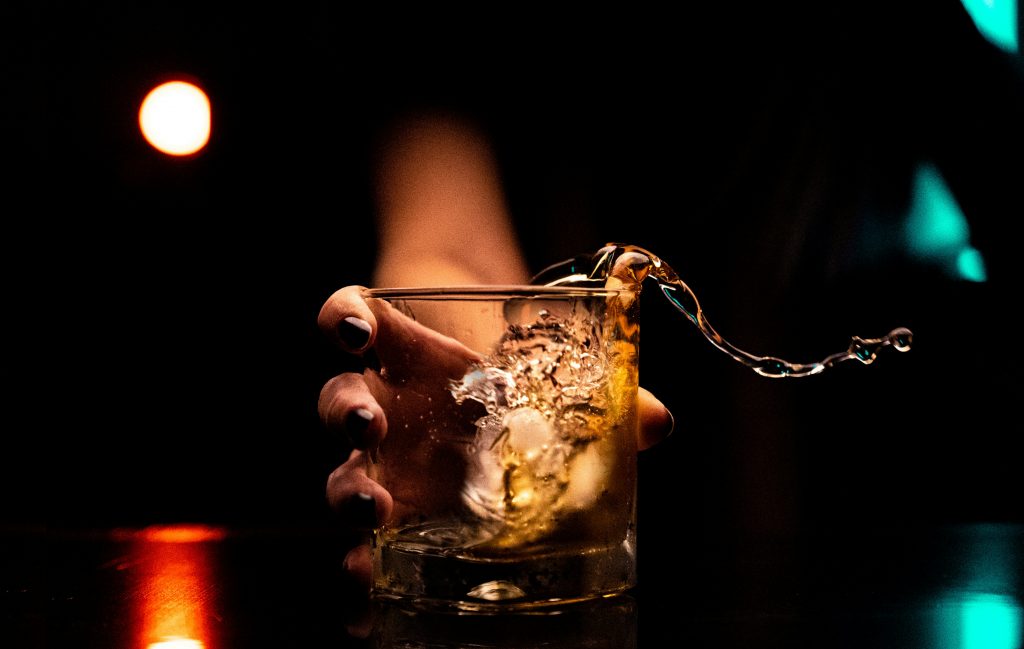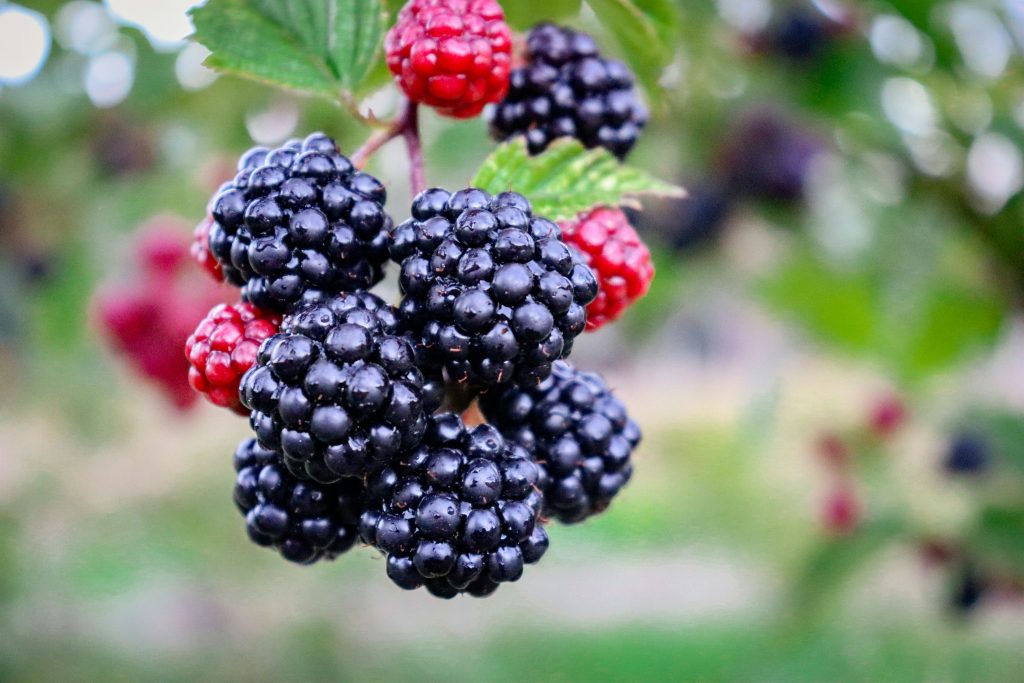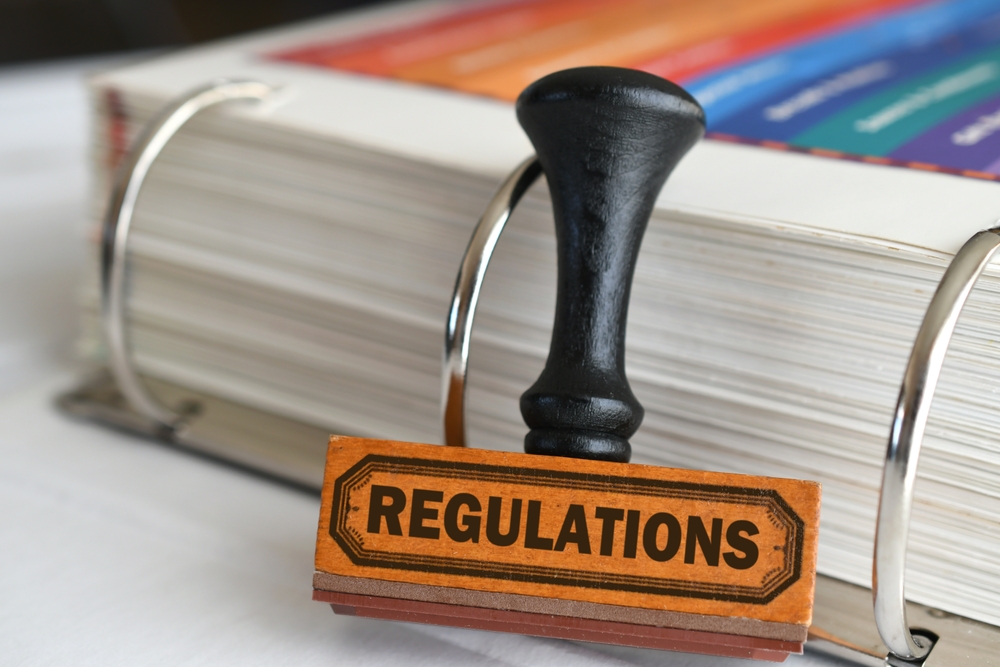
Are you looking for alternatives to alcohol that can deliver a similar experience without the harmful effects? Join us on a journey to explore the world of functional alcohol alternatives that promise to mimic the desirable effects of alcohol while avoiding the associated risks.
The Quest for Alcohol Alternatives
The harmful effects of excessive alcohol consumption are well-established, prompting the need for safer options for drinkers looking to cut back on their alcohol intake (Global Burden of Disease 2020 Alcohol Collaborators, 2022). One revolutionary approach is the development of functional alternatives to alcohol that can replicate the psychoactive effects of alcohol without the detrimental consequences.

The harmful effects of alcohol are well-known. What if we had drinks that mimicked the desirable effects of alcohol, but without the harm?
Exploring the Methods
In a non-systematic narrative review, experts delve into the underlying mechanisms of alcohol’s psychoactive effects to uncover how these insights can be leveraged to create safer alternatives. By examining synthetic compounds and botanical extracts, the review aims to identify substances that can mimic alcohol’s effects without its negative impact. The discussion also touches on the regulatory hurdles that must be traversed before these alternatives can reach consumers.
Discovering Results
Uncovering How Alcohol Works
Alcohol’s influence on the brain is rooted in the activation of the neurotransmitter gamma-aminobutyric acid (GABA), leading to a cascade of effects that range from relaxation to impaired coordination. By understanding the intricacies of how alcohol interacts with GABA receptors, researchers are paving the way for novel compounds that can replicate its effects in a safer manner.
Synthetic Innovations in Alcohol Alternatives
Enterprises like GABA Labs are spearheading the development of synthetic compounds that target specific GABA receptors to mimic alcohol’s psychoactive effects without the addictive liabilities. By engineering partial agonists with controlled potency, these compounds offer a promising avenue for creating functional alcohol alternatives.
Botanical Bliss: Plant-Based Solutions
Natural extracts from plants like blackberry juice and magnolia are explored for their GABA-ergic properties, which could offer a botanical route to crafting alcohol substitutes. Blending these extracts with complementary botanicals enhances their efficacy, culminating in concoctions like Sentia Red that are already making waves in the market.

Many botanicals, including blackberry juice, may stimulate GABA activity in humans, and thereby mimic the effect of alcohol.
Assessing Regulatory Implications
Navigating the Challenges
As synthetic and botanical alcohol alternatives inch closer to the market, questions arise about their categorization, accessibility, and potential impact on public health. Balancing the desire for safer drinking options with regulatory standards and consumer expectations presents a delicate tightrope for policymakers and industry players.

Several botanical drinks are now available to buy, but will these alternatives help to reduce our alcohol consumption?
Final Thoughts
With a tantalizing glimpse into the realm of functional alcohol alternatives, we stand at the cusp of a transformative era in social drinking. As innovations in synthetic and botanical formulations take center stage, the promise of enjoying the intoxicating buzz of alcohol without its perilous drawbacks beckons us towards a brighter, safer drinking culture.

The marketing of functional alternatives to alcohol might be regulated, for example, where and to whom they can be sold.
Conclusion
As the trajectory towards functional alcohol alternatives gains momentum, we brace ourselves for a paradigm shift in how we perceive and consume alcohol. With groundbreaking research and innovative formulations paving the way, the era of safer, more enjoyable drinking experiences is on the horizon.
https://4ae5b-vyxiul80dy02s4qi9y25.hop.clickbank.net

















